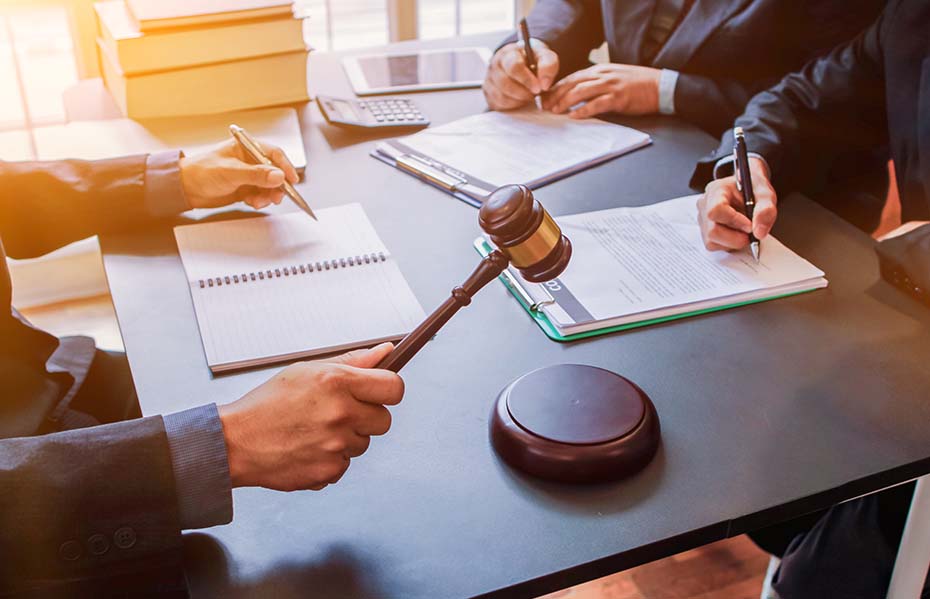
No doubt everyone is aware by now that Cardinal George Pell has been found guilty of child sexual assault. What has been unusual about this case is the reaction of many well-known people and some of the commentary in the media about whether the Cardinal is guilty or not.

A common theme among supporters of the Cardinal is that it would be inappropriate for anyone to comment on the case now that an appeal has been lodged. This however is not the law in Australia. It has always been appropriate to state that an individual is guilty once a court has reached that decision. When an individual has been found guilty by a court, their guilt stands, unless the conviction is overturned by a higher court. It is not the case, and has never been the case, that a person is only guilty after an appeal has been heard.
Many commentators have stated openly that they do not believe the Cardinal to be guilty despite the judgment of the court. It should be noted that the Cardinal’s trial was mostly held behind closed doors so as to not prejudice his second trial. This means that none of the commentators who came out so strongly in support of the Cardinal after the verdict was given, had the opportunity to hear the evidence on which the decision was based. Such commentary in the media is a very worrying development. Those comments undermine the rule of law and the integrity of the justice system. It is not up to individuals, and in particular well-known and influential individuals, to substitute their personal opinions for the judgment of a court. When that occurs public confidence in the criminal justice system is undermined.
Commentary criticising the judgment also calls into question the jury and their difficult task in sitting on this case. The jury on hearing all of the evidence presented by both sides and listening to the submissions of arguments of the defence and prosecution, weighed the evidence and found beyond a reasonable doubt that the Cardinal was guilty.
Cardinal Pell is entitled to appeal and he has done so. The appeals court will review the case. The question the appeals court will have before it is whether the court thinks that after considering the whole of the evidence it was open to the jury to be satisfied beyond a reasonable doubt that the Cardinal was guilty. The appeals court will give much weight to the jury’s verdict as they had the advantage of being in court and seeing and hearing all of the witnesses before making their decision. The demeanour of the witnesses, how they behaved, how they answered questions, is a very important aspect of weighing the evidence that is given. The appeals judges do not have that advantage and so will only overturn the jury’s verdict when after reviewing the evidence there is a significant possibility than an innocent person has been convicted.
A final point worth highlighting is the idea that any small inconsistency or discrepancy in the testimony or evidence is sufficient to throw out the entire case. This concept had its origins in the middle ages when a woman had to produce a witness in order to obtain a rape conviction. The courts today do not hold to that view. Studies show that it is common for there to be discrepancies in recalling traumatic events, but this does not mean that the events did not happen. A jury is quite able to find that the victim was wrong on some details but correct about the substance of the allegations.
Whether Cardinal Pell will be successful in his appeal is a matter now in the hands of the appeals court. Whatever the result of that appeal, the public should be confident that the Cardinal has had a fair hearing under the justice system and commentators and individuals should accept and respect the courts decision, instead of undermining it.
Copyright © 2025 reeslaw.com | All Rights Reserved.